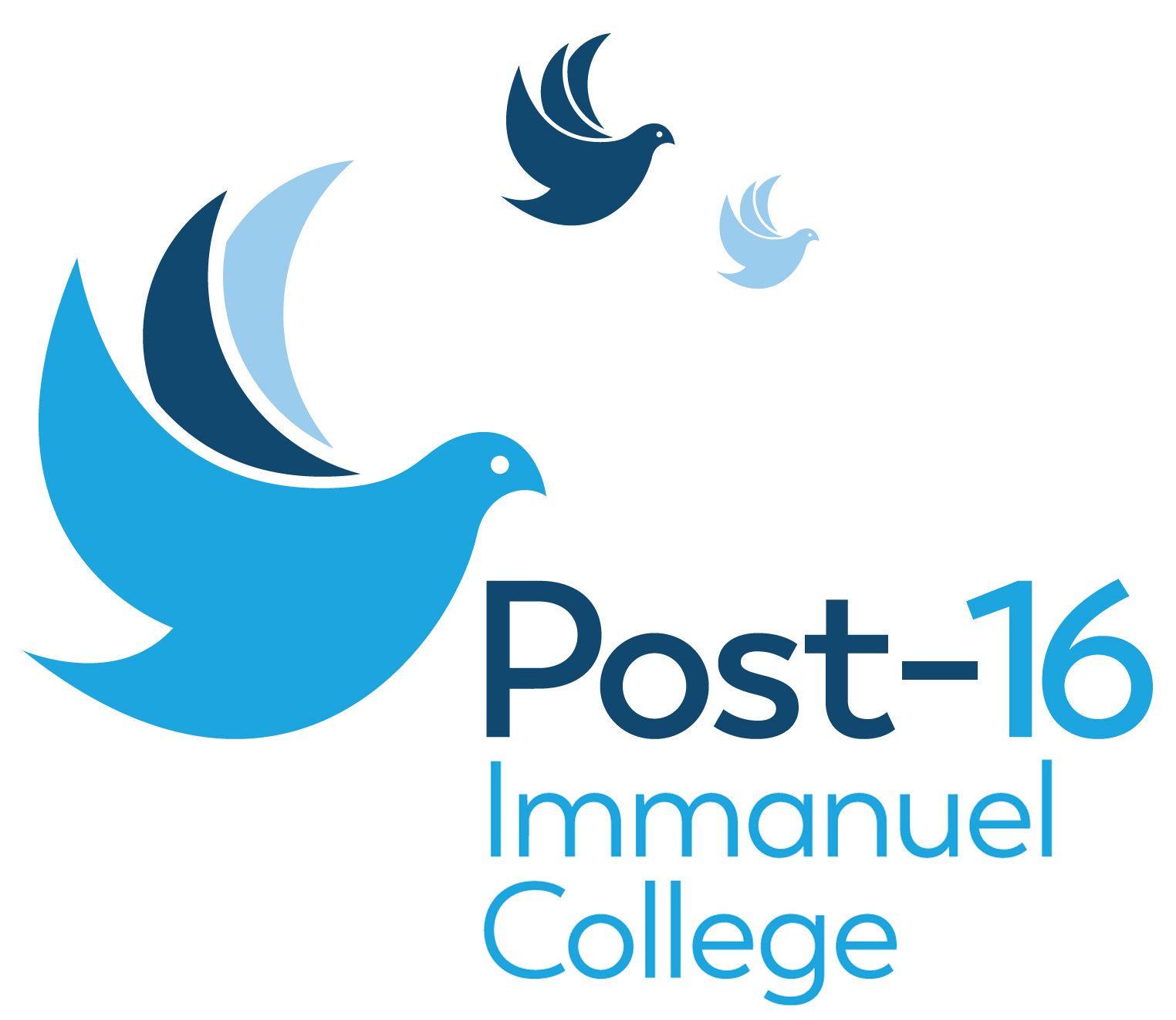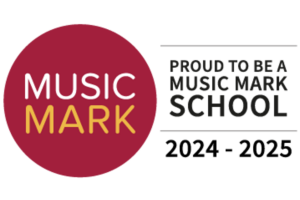
- Overview
- Welcome from the Headteacher
- Post-16 Team
- Admissions
- Post-16 Prospectus
- Subjects
- English Language & Literature
- English Literature
- Maths
- Further Maths
- Biology
- Chemistry
- Physics
- Applied Science (Applied General)
- Art
- Criminology (Applied General)
- Drama & Theatre
- Film Studies
- French
- Geography
- History
- IT (Applied General)
- Law
- Law (Applied General)
- Media Studies
- Music
- Music (Applied General)
- National Extended Certificate in Uniformed Protective Services (Applied General)
- Philosophy, Theology, Ethics - Religious Studies
- Photography
- Psychology
- Sociology
- Spanish
- Sport (Applied General)
- Technical Business (Level 3 - Extended Certificate)
- Travel and Tourism (Applied General)
- Hospitality (Level 2)
- Leadership through Sport (Level 2)
- Public Services (Level 2)
- Employability
- Maths and English GCSE Resit
- Student Leadership
- Results & Student Progression
- Trips & Opportunities
- Charity Work
- Our Facilities
- New Build
- Enrichment
- FAQs
- Exams Information
- Year 10 Information Evening
- Go Higher West Yorkshire
Chemistry
Why choose this subject?
An A Level in Chemistry will answer the big question 'what is the world made of?1 and it's the search for this answer that makes this subject so fascinating. From investigating how one substance can be changed into another, to researching a new wonder drug to save million of lives, the opportunities that chemistry provides are endless.
What will you study?
Year 12
- Physical Chemistry - including atomic structure, amount of substance, bonding, energetics, kinetics, chemical equilibrium and Le Chatelier's principle.
- Inorganic Chemistry - including periodicity, alkaline earth metals, and halogens
- Organic Chemistry - including an introduction to organic chemistry, alkanes, alkenes, alcohols, organic analysis
Year 13
- Physical Chemistry - including thermodynamics, rate equations, the equilibrium constant, electrode potentials and electrochemical cells.
- Inorganic Chemistry - including properties of Period 3 elements and their oxides, transition metals, reactions of ions in aqueous solution.
- Organic Chemistry - Including optical isomerism, aldehydes and ketones, carboxylic acids and derivatives.
How is this course assessed?
There is no coursework on this course, however, your performance during practicals will be assessed. There are three exams at the end of the two years for the A Level, all of which are two hours long.
![]()
Science Intent
The science curriculum at Immanuel has been structured to embed a broad range of scientific knowledge and understanding in young people, giving them a deeper knowledge of the ever-evolving scientific and technological world around them6.
There are opportunities for students to enjoy hands on experience and develop practical skills within and outside the classroom through enrichment. We develop students’ passion for science by connecting with the reality of their lives and experiences, appreciating their value and highlighting their relevance to science. We endeavour to spark curiosity by challenging pupil perceptions of science in the wider world and promoting students’ scientific literacy by encouraging critical thinking. We challenge all students to raise their hopes and aspirations to be indispensable in the workplace and everyday life in this advanced technological age and understand how to make healthy lifestyle choices. Diversity is at the heart of everything we do, and a range of inclusive scientists are referenced throughout the curriculum promoting access for all.
Their study of science allows them to be prepared for their life journey including: Perseverance, securing their understanding of new technologies and the impact human activities have on the environment around them such as discovery of the microscope, the structure of atoms, products from crude oil and their associated implications. Using a science capital approach to engage students in topics that are relevant to their development in everyday life and so that they see the importance of this knowledge. Nurturing academic habits such as interpretation, evaluation and analyses to provide our students with real competencies to succeed in the modern world.
Our curriculum develops students’ character by fostering confidence, awe and wonder with phenomena such as: Why do flowers smell nice; why satellites don’t fall, but apples do; how organisms change over time; why we rely on microbes for survival. Encouraging students to critically consider the emerging moral issues and form knowledge-based opinions such as the use of embryos in research, the effect of human activities on biodiversity, animal welfare and selective breeding, use and abuse of natural resources. Encouraging students to engage in healthy debate, knowing how to use facts, evidence and knowledge and knowing how to listen and critically consider other viewpoints such as opposing views on vaccination programmes; evidence for and against climate change; the challenge of balancing human needs with those of the natural world.
Through a love of science students are inspired and have hope, offering pathways that foster confidence in countering social disadvantage and expanding horizons and aspirations to increase social mobility9.
6 Psalm 24:1– ‘The earth is the Lord’s and everything in it’
9 John 10:10 – Jesus said, ‘I have come that they may have life and have it abundantly.’
Subject Maps
Curriculum Plans
What next?
An A Level in Chemistry in highly regarded by employers. Further study at University could include Chemistry, Biology, Pre-clinical Medicine, Mathematics and Pharmacology.








